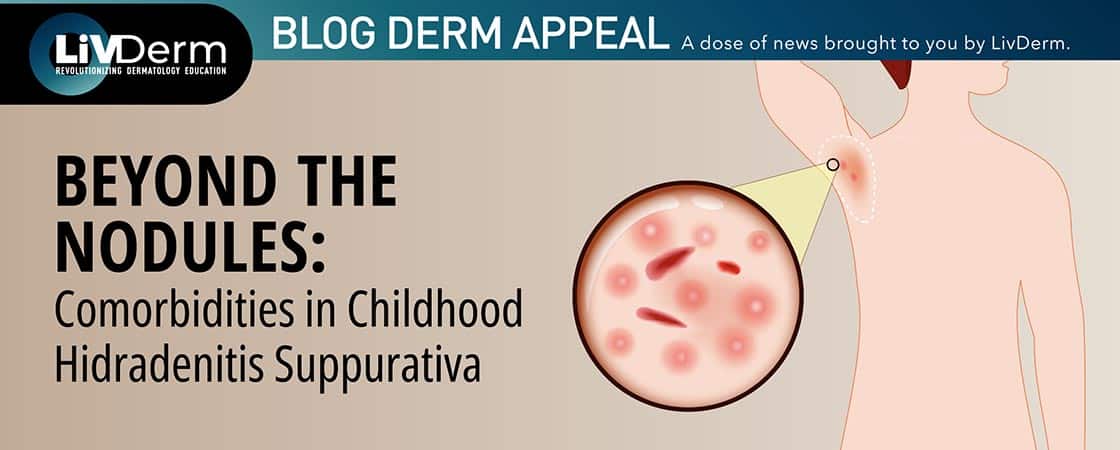With an ever-rising prevalence, social media and its consistent use has long extended beyond interpersonal relationships; it now carries implications for most modern industries, including the medical community specialty-wide. Social media has become instrumental for marketing, practice management, and dissemination of news and information – and is becoming increasingly relevant for plastic surgeons. The field of plastic surgery in particular has experienced rapid and dramatic digitization; practitioners and patients alike now face heightened influence from social media channels, as a result of growing clinician and practice online presence as well as increased traffic directed toward aesthetic medicine social media channels.
Millions of users, routine daily activity, and a never-ending stream of content have created a vast pool of untapped data with great educational potential derived from users’ online behavior. Leveraging new artificial intelligence technology, researchers can now gain insight into the consumer mindset based on their social media activity, providing clinicians with an unparalleled opportunity to better understand and predict patient behavior. Technological advancements are steadily bridging the gap between human and machine capabilities, with emerging AI algorithms becoming better at understanding intrinsically human elements, such as feelings, moods, and sentiment. Called emotion AI, the subset of artificial intelligence designed to measure, understand, simulate, and react to human emotions is a burgeoning technology with immense research potential.
The Use of Emotional Artificial Intelligence in Plastic Surgery
A recent prospective, observational study published in Plastic and Reconstructive Surgery examined the emotional response within a participating cohort to a variety of plastic surgery-related topics and assessed the utility of motivational artificial intelligence (AI) within the field. Conducted by Cognovi Labs, developer of the SaaS (software as a service) platform for emotional-based artificial intelligence, the investigation is the first attempt at quantifying consumer intent in the field of plastic surgery.
Recognized for predictive analytics using topic-specific emotion and intent algorithms, Cognovi Labs’ AI is rooted in behavioral science, expressive language, and specialized programming. Applying these emotional AI algorithms to human behavior will ultimately allow predictive analytics teams like Cognovi Labs to infer accurate predictions for future trends in the industry.
Emotional Reactions and Predictive Potential
Using their exclusively licensed artificial intelligence algorithm, researchers at Cognovi Labs searched and analyzed emotional reactions to several common hashtags over a four-month period – January through April 2018. The predictive analytics software focuses on several key metrics to detail its findings, including awareness, engagement, and motivation trends.
Instead of examining traffic measures or the number of “likes”, authors reframed the discussion around social media to focus on the emotional impact of content and the topics studied, prioritizing emotion as the primary driver of economic decision-making, per behavioral economics research.
Of the terms and phrases investigated, “nose job” had the highest awareness ranking throughout the study period. Meanwhile, the topic that most engaged consumers emotionally was “liposuction”, however, it only ranked fifth in terms of awareness. Participants showed the strongest positive motivation toward the subjects “plastic surgery” and “cosmetic surgery”, while the lowest motivation was recorded in response to “tummy tucks.” Both emotional awareness and engagement metrics tied to each high-ranking phrase underscore the relevance of the procedures as well as their potential to trend upward in popularity. Conversely, clinical terminology, such as “autologous,” “aesthetic,” and “DIEP flap breast reconstruction” did not elicit enough of a reaction to be included in the study.
Cognovi Labs’ study results are undermined by the singular choice of platform for analysis – Twitter – which also happens to be the least frequently used social media platform among patients. In comparison, respondents of a 2019 survey were most likely to search for a plastic surgeon on Facebook (66% of patients) and Instagram (20%), while only 10% would select Twitter as their medium of choice. Furthermore, the insufficient duration of the study adds to its limitations. Performing trend analysis over longer periods of time may be more effective than doing so over a four-month period; a lengthier study period could additionally reveal the influence of time and season on consumer emotional response to improve the accuracy of predictions derived from emotional AI algorithms.
Nonetheless, Cognovi Labs’ analysis is the first quantitative effort to investigate the abundance of data from social media metrics and leverage it to interpret consumer motivations and their subsequent behavior. Utilizing the data available and advanced artificial intelligence algorithms, analytical companies such as Cognovi Labs can help forecast trends, improve sales, optimize practice offerings, and help reposition brands when needed. With a rapidly climbing number of cosmetic procedures performed per year and overall decrease in the stigmatization of plastic surgery, the amount of data is likely to grow exponentially. Future research efforts involving artificial intelligence will be able to parse through a vast array of data, making it possible to predict trends in products, procedures, and practices – providing clinicians with unprecedented insight into consumer motivation and behavior.

















